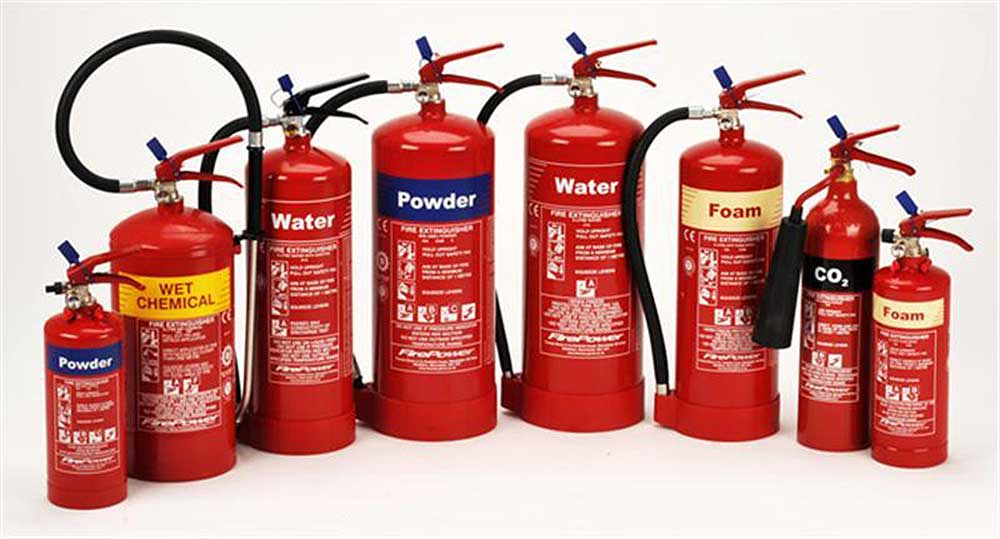Fire Warden & COSHH Training
Classroom & On-Site Fire Warden Training
We deliver Fire Warden / COSHH Training either in our classroom or Client Site. Call us for an initial discussion.
Being a fire warden or marshal is a big responsibility and entails several very specific and important tasks, so, whether you already hold the role or you’re aspiring to step up to it, this course covers everything you need to know to keep your company and its people safe.
By the end of our session you’ll:
- Have the confidence and competence to take charge in the event of an emergency, and
- Tick all the legal boxes when it comes to sufficient fire safety provision.
Availability
Fire Warden Duties
The duties of a fire warden may differ depending on the size, layout, structure size of the workforce but some standard duties could include:
Checking fire alarms Are alarms in working order and easily visible? Weekly fire alarms should take place to ensure all are in good working order.
Checking emergency exits Check they are free from obstructions and able to be opened easily in the event of a fire.
Fire extinguishers Are they available and easily visible? Are they regularly serviced?
Fire doors Check the fire doors are in good working order and are kept closed.
Emergency lighting The lights must be checked each month to ensure they are in good working order.
Fire safety signs Are there adequate signage? Is the signage securely fixed to the wall?
General housekeeping Are sources of heat kept apart from sources of fuel? Are hazardous/flammable/combustible materials stored securely?
Electrical equipment Ensure it is all PAT tested because faulty electrical devices are a common cause of fire in the workplace.
Staff induction All staff must have fire safety training. This should be part of a new staff member’s inductions and something repeated to all staff on an annual basis.
Fire drills Carry out a fire drill annually at least. This provides a good opportunity to ensure everyone knows the drill in an emergency situation.
Maintaining records All fire safety activities should be recorded. Make a note of any hazards and any action taken to reduce or eliminate risk. This is important for compliance as well as being essential to ensure all safety procedures are being adhered to.

Fire Warden Duties
In the event of a fire
The top priority is to make sure everyone is safely evacuated from the building. To do so, fire wardens need to be able to:
- Raise the alarm.
- Close fire doors to prevent the fire from spreading.
- Ensure vulnerable persons are being assisted (this should be clearly explained in a Personal Emergency Evacuation Plan or PEEP).
- Ensure everyone has exited the premises. This must include restrooms, storage areas.
- Use firefighting equipment such as extinguishers only if it is safe to do so.
- Help with roll call. Every person needs to be accounted for.
- Liaise with emergency services.
What is the legal requirement for having fire wardens?
UK legislation requires every business to appoint fire wardens. The number of fire wardens your organization needs depends on a range of factors. The general rule of thumb is that a fire warden should be able to perform their ‘sweep’ and reach a place of safety within 2 ½ minutes of hearing an alarm. At least two fire wardens are needed to cover a floor that is large or complex.
Other factors in determining how many fire wardens you need are mainly to do with the size of the premises, number of staff, and type of business you operate. Furthermore, you must consider:
- If any occupants are high-risk i.e. young, elderly, disabled, then you need to increase the number of fire wardens.
- Shift workers. Fire wardens need to be on-site whenever there are people present. You need to consider this when shifts are organized.
- Staff absence i.e. sick leave and staff holidays. When a fire warden is sick or on leave, an alternative warden needs to be present.
- Are there flammable materials? Does your workplace have flammable materials such as stationery or flat-pack boxes present? This could present a higher fire risk.
- Are there sources of ignition? A kitchenette is a source of ignition and increases the risk of fire.
Once you have appointed your fire wardens, make sure they are properly trained. They must be competent and able to carry out all the tasks required of them.
As well as trained fire wardens, your entire workforce should know what to do in the event of a fire and new employees must be shown what to do as soon as they start working with you. Find out more about your responsibilities as defined in the Regulatory Reform (Fire Safety) Order 2015.
Fire Warden Day Duties
The good news is there is a downward trend in fire-related emergencies at work. However, given that many fires are completely avoidable, it is still too frequent an occurrence. Good practice includes having a fire risk assessment, competent fire evacuation plans and well-trained fire wardens are your protection against fire and its associated catastrophe.
Find out your day to day duties as Fire Warden, and Your Role in an Emergency. This course also includes COSHH duties and responsibilities.
Course Content
- Action on discovering a fire
- Common causes of fire
- Fire drills and evacuation
- Fire safety legislation
- Fire safety precautions
- The chemistry of fire
- The role of the fire marshal
- Using fire extinguishers.
Who Should Attend
This course is suitable for:
- those who are responsible for overseeing fire safety
- designated fire marshals
- anyone who needs to know how to use a fire extinguisher.
What You Will Learn
The course will present an understanding of fire regulations and general fire precautions. It aims to provide you with the knowledge to become a fire marshal.
